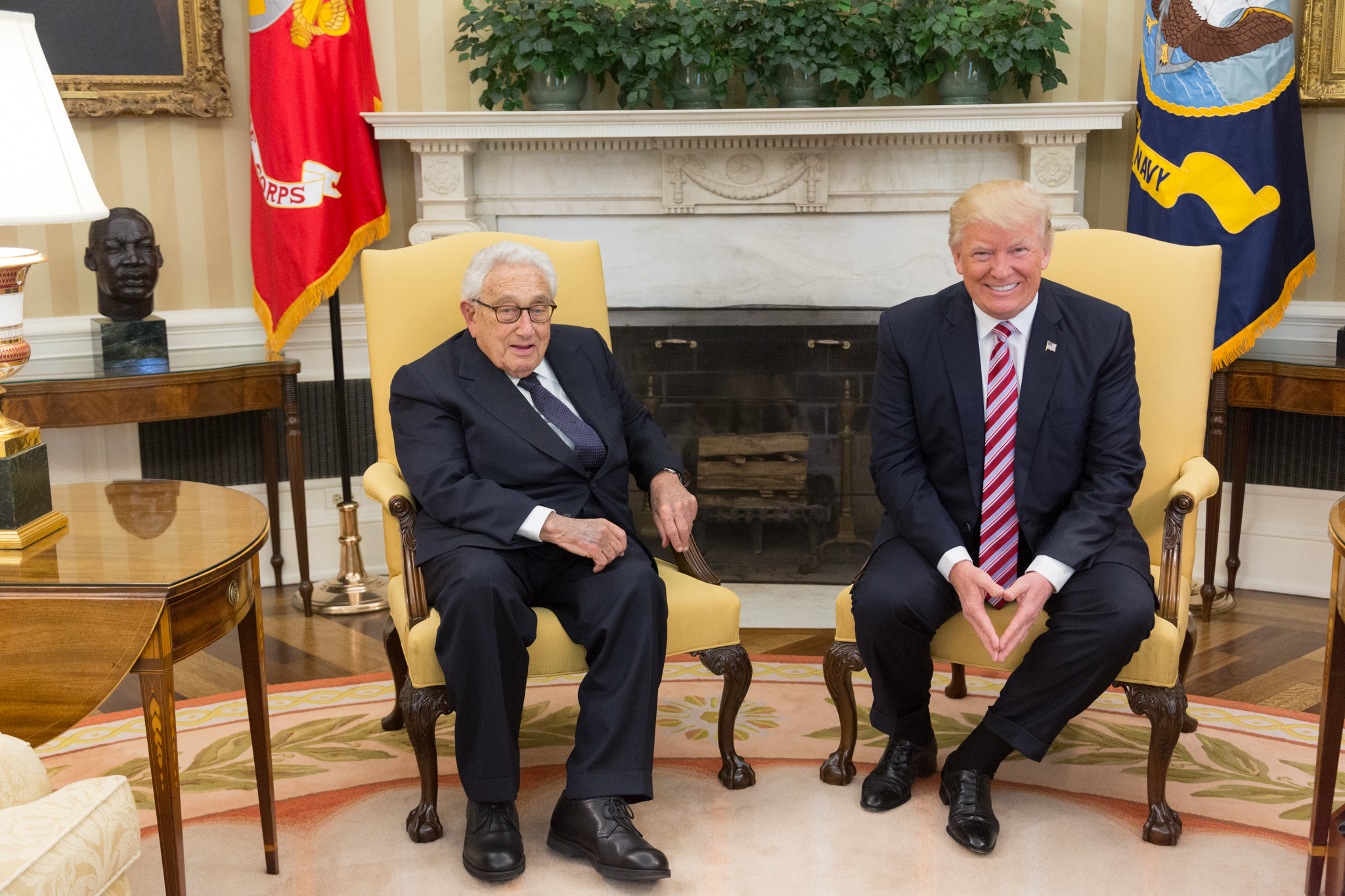Democrats may beat Trump in November and still not learn the most important lesson from his presidency
On August 9, 1974, President Richard M. Nixon resigned from office to avoid impeachment proceedings. One month later, his successor and former Vice President Gerald Ford officially pardoned him.
Though Ford admitted that “Nixon has become liable to possible indictment and trial for offenses against the United States,” he nevertheless declared that a trial against a former president would damage the country’s newfound “tranquility” and engender “prolonged and divisive debate over the propriety” of further “degrad[ing]” Nixon.
Invoking Article II of the Constitution, Ford granted Nixon “a full, free, and absolute pardon” for any crimes he may have committed during his presidency.
But Nixon was not the first elite decision-maker to avoid accountability for unscrupulous choices.
Read the full article in Business Insider.
